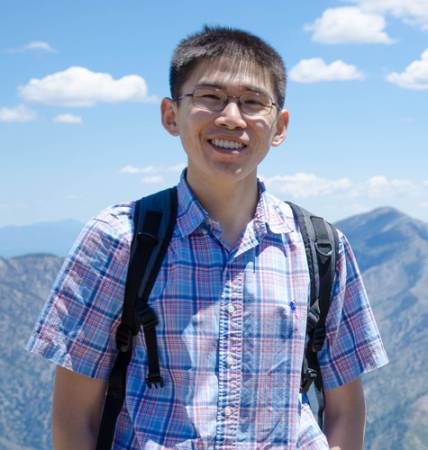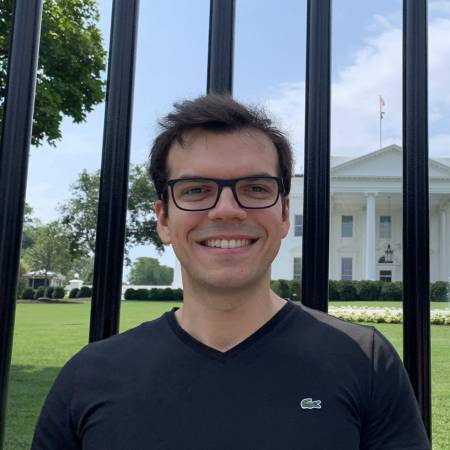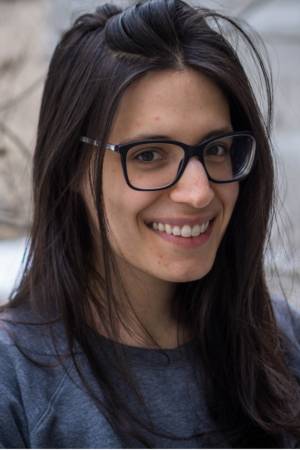Seminar
Do Vision-Language Pretrained Models Learn Spatiotemporal Primitive Concepts?
Abstract: Vision-language models pretrained on web-scale data have revolutionized deep learning in the last few years. They have demonstrated strong transfer learning performance on a wide range of tasks, even under the "zero-shot" setup, where text "prompts" serve as a natural interface for humans to specify a task, as opposed to collecting labeled data. These models are [...]
Perception-Action Synergy in Uncertain Environments
Abstract: Many robotic applications require a robot to operate in an environment with unknowns or uncertainty, at least initially, before it gathers enough information about the environment. In such a case, a robot must rely on sensing and perception to feel its way around. Moreover, it has to couple sensing/perception and motion synergistically in real [...]
Max-Affine Spline Insights into Deep Learning
Abstract: We build a rigorous bridge between deep networks (DNs) and approximation theory via spline functions and operators. Our key result is that a large class of DNs can be written as a composition of max-affine spline operators (MASOs) that provide a powerful portal through which we view and analyze their inner workings. For instance, [...]
Teruko Yata Memorial Lecture
Leveraging Language and Video Demonstrations for Learning Robot Manipulation Skills and Enabling Closed-Loop Task Planning Humans have gradually developed language, mastered complex motor skills, created and utilized sophisticated tools. The act of conceptualization is fundamental to these abilities because it allows humans to mentally represent, summarize and abstract diverse knowledge and skills. By means of [...]
Designing Robotic Systems with Collective Embodied Intelligence
Abstract: Natural swarms exhibit sophisticated colony-level behaviors with remarkable scalability and error tolerance. Their evolutionary success stems from more than just intelligent individuals, it hinges on their morphology, their physical interactions, and the way they shape and leverage their environment. Mound-building termites, for instance, are believed to use their own body as a template for [...]
Understanding 3D Scenes and Interacting Hands
Abstract: Abstract: The long-term goal of my research is to help computers understand the physical world from images, including both 3D properties and how humans or robots could interact with things. This talk will summarize two recent directions aimed at enabling this goal. I will begin with learning to reconstruct full 3D scenes, including [...]
Snakes & Spiders, Robots & Geometry
Abstract: Locomotion and perception are a common thread between robotics and biology. Understanding these phenomena at a mechanical level involves nonlinear dynamics and the coordination of many degrees of freedom. In this talk, I will discuss geometric approaches to organizing this information in two problem domains: Undulatory locomotion of snakes and swimmers, and vibration propagation [...]
Multimodal Modeling: Learning Beyond Visual Knowledge
Abstract: The computer vision community has embraced the success of learning specialist models by training with a fixed set of predetermined object categories, such as ImageNet or COCO. However, learning only from visual knowledge might hinder the flexibility and generality of visual models, which requires additional labeled data to specify any other visual concept and [...]
Robotic Cave Exploration for Search, Science, and Survey
Abstract: Robotic cave exploration has the potential to create significant societal impact through facilitating search and rescue, in the fight against antibiotic resistance (science), and via mapping (survey). But many state-of-the-art approaches for active perception and autonomy in subterranean environments rely on disparate perceptual pipelines (e.g., pose estimation, occupancy modeling, hazard detection) that process the same underlying sensor data in different [...]
Audio-Visual Learning for Social Telepresence
Abstract Relationships between people are strongly influenced by distance. Even with today’s technology, remote communication is limited to a two-dimensional audio-visual experience and lacks the availability of a shared, three-dimensional space in which people can interact with each other over the distance. Our mission at Reality Labs Research (RLR) in Pittsburgh is to develop such [...]









